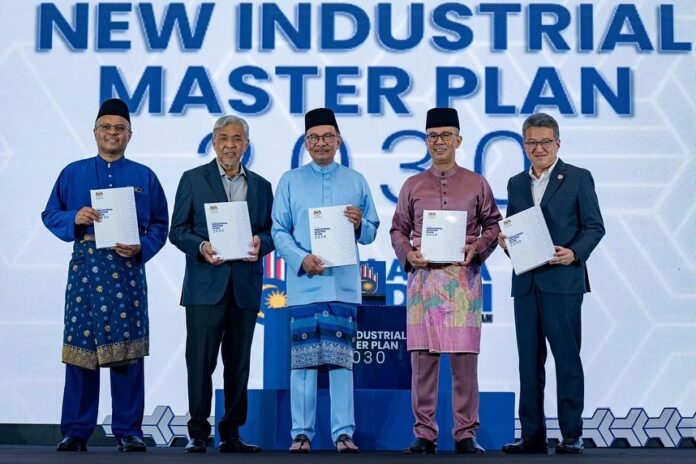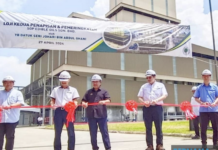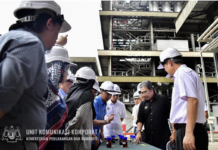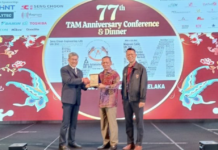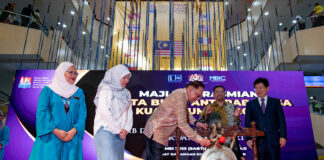KUALA LUMPUR, Sept 1 — The New Industrial Master Plan 2030 (NIMP 2030), which is a key component of Ekonomi MADANI, among others, will focus on improving the lives of the people with expected higher returns from the country’s economic targets, said Datuk Seri Anwar Ibrahim.
The prime minister said this includes employment with meaningful wages and wealth-sharing to build a more equitable and prosperous society.
“This creation of high-value job opportunities is crucial to uplift and expand the middle-class society.
“Global megatrends such as the rising role of Industry 4.0 technologies, climate change and sustainability practices, demographic shifts and globalisation of value chains are changing the nature of jobs,” Anwar said when launching the NIMP 2030 here today.
The NIMP 2030, which adopts a mission-based approach, is a horizontal policy with well-defined missions that will galvanise not only the entire manufacturing ecosystem but also the whole of nation to drive industrial transformation and realise Malaysia’s vision.
Anwar, who is also Finance Minister, said skills transformation is key to developing future competencies and this has been set as a focus of the nation’s industrial strategy.
“To meet the industry’s demands, we will implement a progressive wage system that promotes skills development and career advancement.
“Public-private collaborations will be enhanced in TVET (Technical and Vocational Education and Training) and STEM (Science, Technology, Engineering and Mathematics) programmes, ensuring the acquisition of skills required by the industry,” he said.
Anwar said the government is confident that the strategies in the NIMP 2030 will yield meaningful outcomes and produce a big impact on the national economy.
In terms of employment, the prime minister said a projected growth of 2.3 per cent from 2023 is expected, providing livelihood for 3.3 million persons by 2030.
“The industry’s growing employment trajectory is due to the creation of high-skilled jobs as the country advances towards higher value-added activities and improvement in automation and technological advancements,” he added.
He said that through NIMP’s interventions, the median salary for the manufacturing sector was expected to grow by 9.6%, to reach RM4,510 from RM1,976, which is below the national average despite the sector’s dominant role in the national GDP.
“This 128% increase from 2021 is driven by the shift of the industry towards higher value-added activities and high-skilled job opportunities created,” he added.




